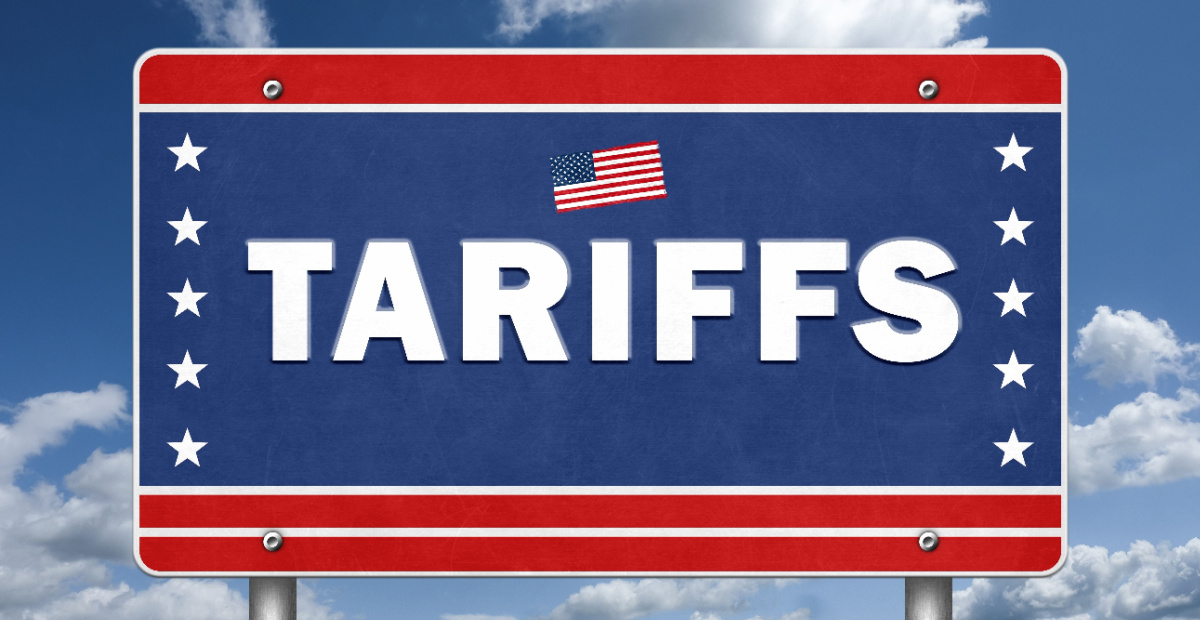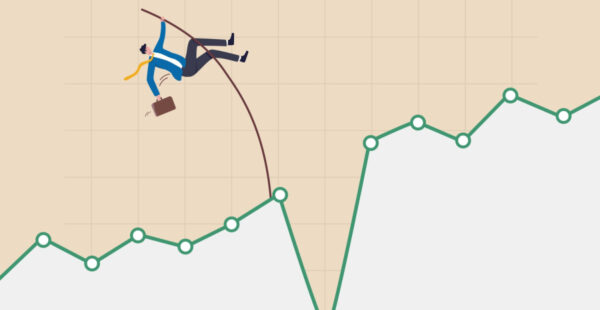What a US-China “trade war” could mean for investors: deVere

US President Donald Trump’s retaliation against China following several “tit-for-tat” tariff increases has passed the point of “shadowboxing” and sparked a “full-scale trade war”, according to deVere Group chief executive Nigel Green.
This follows in the wake of the Australian Stock Exchange (ASX) shedding almost $50 billion on Wednesday after the global tariffs first announced by Trump last week, and then later adjusted with further ‘reciprocal’ increases for certain trade partners, came into effect.
While China has now been hit with a 125 per cent tariff by the US, markets rebounded significantly in line with the announcement that the imposition of tariffs on dozens of other countries had been paused for 90 days to pave the way for ‘negotiation’.
Green said while the “escalation is sharp and unmistakable”, the 90-day pause as a “partial step-back” could signify an acknowledgement of the economic and market risks.
“The gloves are off,” he said.
“Trump’s move came just hours after China slapped an additional 50% tariff on US goods, piling on top of the 34% tariffs it had already announced. No longer a war of words, this is now a war of action—and the effects will ripple through every major asset class, industry, and economy.
“For investors, this likely marks the start of a period of profound volatility, profound opportunity, and profound risk. The myth that trade wars are ‘easy to win’ has been shattered.
“When the world’s two largest economies go head-to-head, there are no easy winners—only shifting damage.”
Green warned investors to re-think their investment approach without consideration of the years of “relative trade peace” and to remain cautious of market reactions to ongoing economic instability. He said diversification across “asset classes, sectors and geographies” is crucial to ensure portfolios are prepared to weather volatility from whichever angle, given the impending “fracture” of the global economy.
“For now, markets will likely oscillate between hope and fear. Sharp rallies on the slightest hint of diplomacy will be followed by brutal sell-offs when hostilities deepen. Investors who are prepared, agile, and globally diversified will be best positioned to ride these waves,” he said.
“The administration’s pivot shows that even the architects of aggressive policies must respond when the costs become too visible to ignore.
“The US-China relationship is entering a period of open hostility that will not easily unwind. Even if negotiations resume, the trust required for genuine cooperation has been badly eroded.
“The US-China trade war is no longer a risk—it’s a reality. And those who adapt fastest will not only protect their wealth—they will find opportunities others miss.
“The era of easy assumptions is over.”











The PHD in economics is the scariest. How many academics actually understand the real world
Money is leaving at a slower rate with this being considered by AMP management as a positive. Australia's Money Pit…
"Our recently launched digital advice solution for AMP Super members is providing simple, intuitive retirement advice at no extra cost.”…
Assistant to Bill Shorten...FoFA, A time when dozens of submissions were made, 90 odd submissions ranging from clients be sent…
Only way to get that 1.25 times back will be to move clients from Brighter Super into their SMA on…